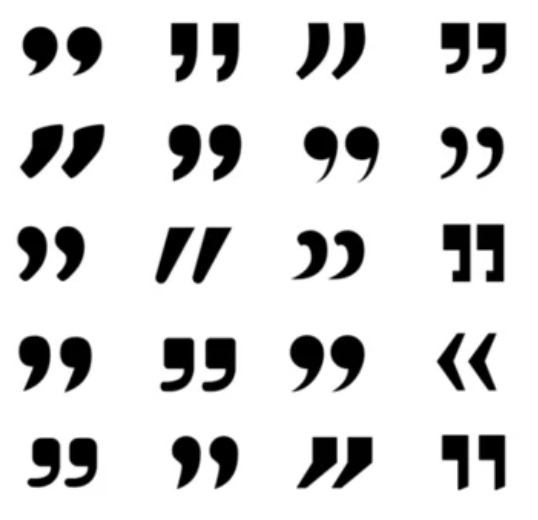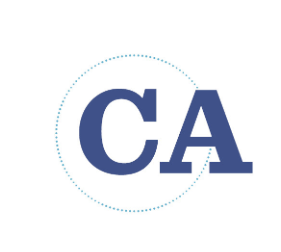Covid and Cultural Analytics
If you’re like me, you’re probably feeling overwhelmed right now. Continuing to do academic research in this climate is very hard, to say the least. But if you’re like me, you’ve probably also asked yourself more than a few times, is there something I can do? Is there something that the knowledge and expertise of cultural analytics can contribute to our handling, battling, and surviving a global pandemic?
You might know colleagues in epidemiology who are trying to develop models to predict the spread of the disease, or colleagues in economics who are monitoring labor data to figure out how severe the coming recession will be, or colleagues in medicine who are handling cases first-hand in over-crowded hospitals. So what can the computational study of culture do here to help out?
What I’m imagining is a collective effort to understand how information and narrative are crucial to the way we experience crises. This could take the form of studying imagery circulating on social media or texts circulating through different news platforms.
What are the relationships between these representations of the pandemic and the underlying facts of the disease itself (numbers of cases, deaths, logarithmic scales)? How do these forms of expression shape our understanding of contagion and well-being? What about misinformation? How people receive and respond to information is a crucial aspect of a global health crisis. How does this work right now?
This is all very vague but I see an opportunity to attach our understanding of this experience — as expressed through cultural artifacts — to our diagnosis and response.
Maybe you have already been working on COVID-related research. If so, I hope you will think about sending in a piece for The Journal of Cultural Analytics. If you have been thinking about doing COVID-related research, drop me an email and I’ll add you to a listserv where we can create a conversation about potential approaches to what I’ve sketched here. Maybe given a large enough group (posse, band, assemblage) we can overcome the limitations that we’re each facing individually to do something.
Because I think the community of CA does have a lot to offer how we think about, digest, and respond to this daunting experience.

